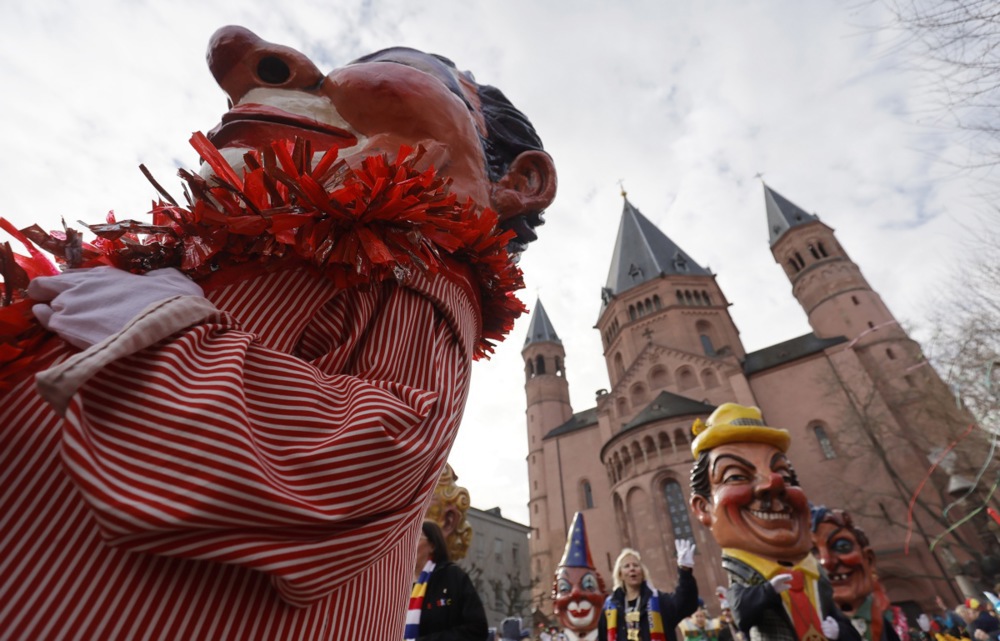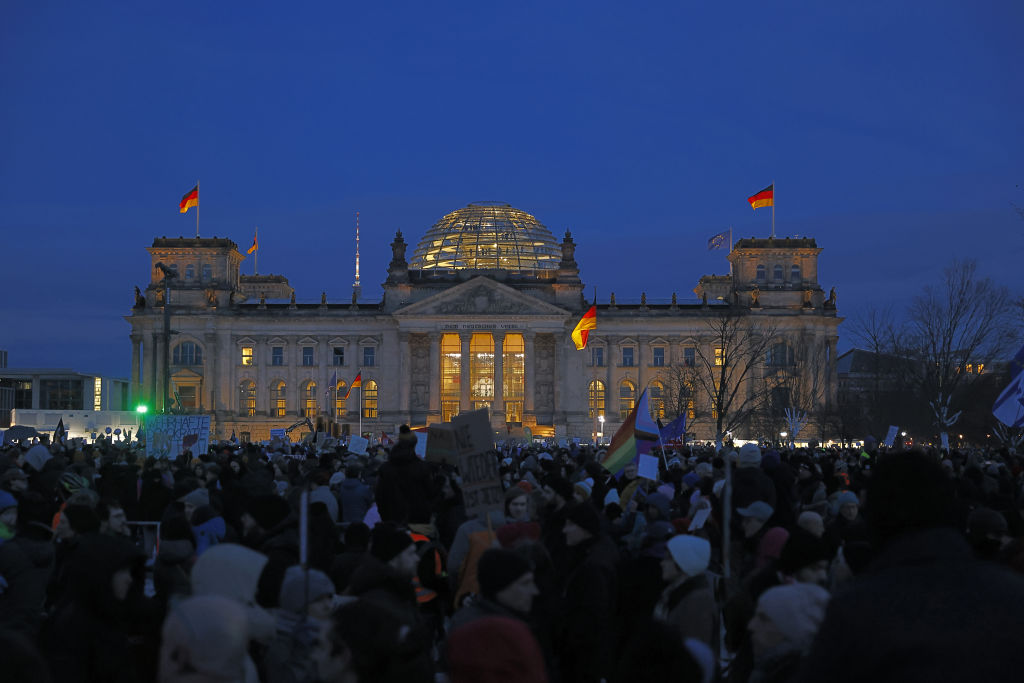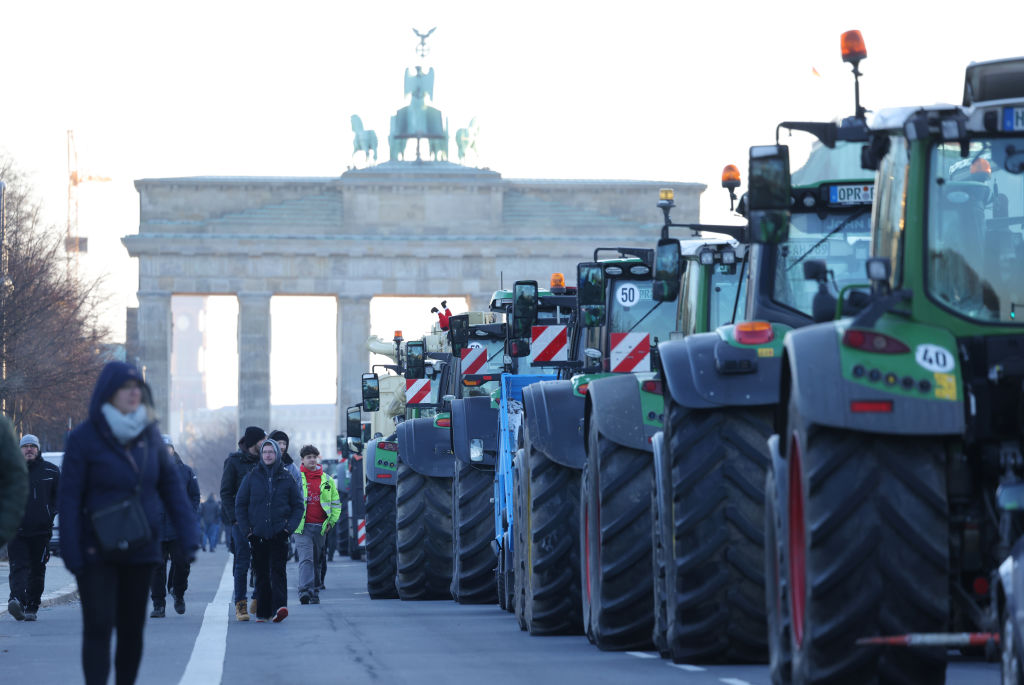Major rioting broke out in The Hague as rival groups of fighting Eritreans destroyed parts of the city.
The material damage was extensive, with cars and buses destroyed and buildings badly damaged in the violence that erupted on February 17.
At least eight police officers were injured.
“This is extreme,” a police union member said he was told by officers at the scene. “They say that there [were people being] beating with chain-locks and baseball bats. Bricks and fences [parts] were also thrown.
“Not only the police were targeted … three fire engines were also damaged.”


Eritrese Afrikaanse immigranten verwoesten Den Haag en vallen Nederlandse politie aan. pic.twitter.com/8E1lnFiABT
— Shunya (@Shunyaa00) February 18, 2024
Van "ze komen onze pensioenen betalen" naar dit.
Dit was #DenHaag gisteren, waar #Eritreeers een ware veldslag uitvochten met de politie, gebouwen en voertuigen werden in brand gestoken, het regende kasseien en alles werd kapot geslagen met metalen staven? pic.twitter.com/4YDQ0j3RcB— Golden Eagle (@CarlDebane) February 18, 2024

The violence blew up between pro-Eritrean government supporters and those against the leadership. The pro-side had gathered at the Opera Hall conference centre, where they were targeted by opponents.
Anti-government protesters started slinging stones and fireworks at the building and the police. Two police vehicles, along with many privately-owned cars and a bus were set ablaze. The rioting lasted for several hours.
Despite the apparent numbers involved, just 13 people were arrested.
Den Haag: Zagen jullie die stoere Romeo's van de Corona protesten de ene na de andere rellende Eritreeër oppakken en in een busje gooien?
Nee, ik ook niet….. pic.twitter.com/oM64nOAv4J— CS (@deSunShineBand) February 17, 2024




Eritrea has been governed by the left-wing President Isaias Afwerki since 1993. The country is a single-party republican totalitarian dictatorship that is seen as a brutally repressionist organisation.
There have been no general elections since Eritrea’s official independence in 1993. The country is sometimes referred to by international agencies as “the North Korea of Africa”.
The toxic political situation there also radiates abroad, including in the Netherlands, where it is claimed pro-government Eritreans have held meetings, reportedly in support of a “military manoeuvre”.
Ze vragen hier asiel en bescherming en dan gaan ze de dictator feest vieren #Nederland #Denhaag pic.twitter.com/fRBoMjdNJj
— Leila (@Leila68488345) February 17, 2024
The so-called “Brigade Nhamedu,” fervent adversaries of the Eritrean presidential regime, apparently issued disturbing messages online ahead of the riots, including one stating: “This time we will bludgeon you with iron rods until the blood will get deep into your body and you will even become disabled until you are completely broken.”



The Dutch justice minister Dilan Yesilgöz said the riots were “completely unacceptable”.
“Emergency workers being attacked during their work goes beyond all limits. This behaviour will not be without consequences,” he stated.
Geert Wilders, who won the latest Dutch elections partly through his tough stance on immigration, said: “The Netherlands is really sick of it. Why is half the world allowed in here to tear down our country, fight mutual feuds, throw stones at police officers, and set their cars on fire?”
There are ongoing negotiations underway to form a new Dutch Cabinet.
“I want to become the prime minister who finally puts things in order,” Wilders said.
https://twitter.com/geertwilderspvv/status/1758966382383837392?s=20
Wilders’ Freedom Party called for every rioter to be arrested and deported, while other groups have indicated there is a need to ban the groups involved in the violence and “intervene if necessary”.





